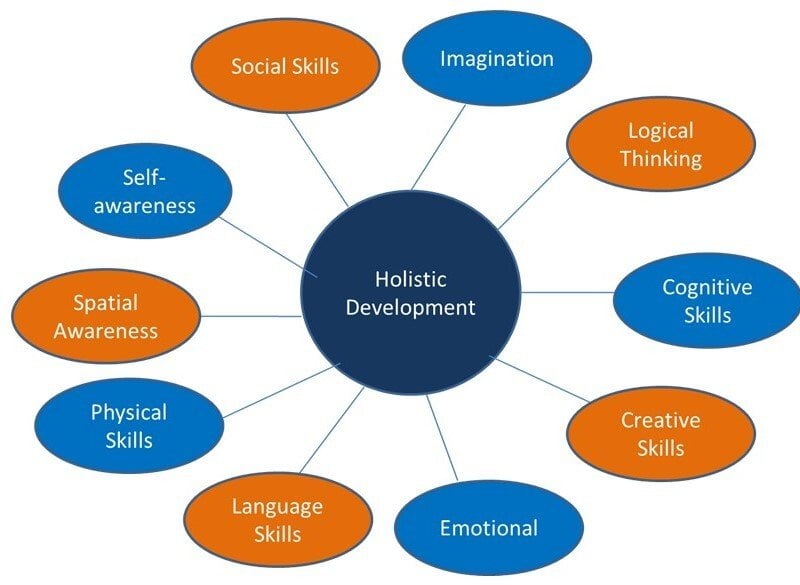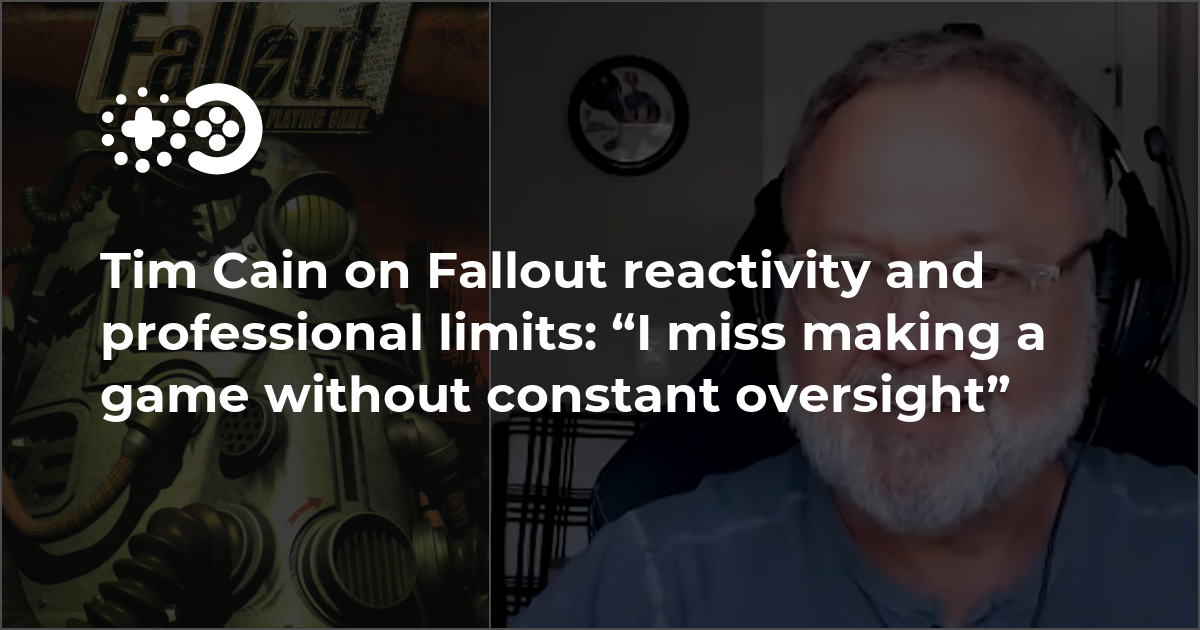Building Your Good Life: Strategies For A Fulfilling Life

Table of Contents
Defining Your Values and Goals
Before embarking on the journey of building a good life, self-reflection is paramount. Understanding your core values and aspirations is the foundation upon which you'll build your future. This involves honestly assessing what truly matters to you, what brings you joy, and what motivates you. Identifying your personal values will guide your goal setting and decision-making process, ensuring that your life aligns with your deepest beliefs and desires.
- Journaling prompts to uncover personal values: Spend some time journaling, reflecting on experiences that evoked strong emotions. Ask yourself: What truly matters to me? What brings me joy and fulfillment? What kind of legacy do I want to leave? Consider values like creativity, family, learning, independence, adventure, helping others, or security.
- SMART goal setting techniques: Once you've identified your values, translate them into SMART goals. SMART stands for Specific, Measurable, Achievable, Relevant, and Time-bound. For example, instead of "improve my health," a SMART goal might be: "Exercise for 30 minutes, three times a week, for the next three months."
- Examples of values and how they translate into life goals: If your value is "family," a goal might be "spend quality time with family once a week." If your value is "learning," a goal could be "complete an online course in digital marketing by December."
- Visualizing your ideal future self: Imagine yourself five or ten years from now, living a life aligned with your values. What does that life look like? What are you doing? Who are you with? Visualizing your ideal future self can provide powerful motivation and clarity.
Cultivating Healthy Relationships
Strong, supportive relationships are essential for a fulfilling life. These connections provide emotional support, a sense of belonging, and opportunities for growth and shared experiences. Nurturing existing relationships and building new ones are key components of building a good life.
- Nurturing existing relationships: Make time for quality conversations, actively listen to loved ones, offer support during difficult times, and celebrate successes together. Small gestures of kindness and appreciation go a long way in strengthening bonds.
- Building new connections: Join clubs or groups based on your interests, volunteer in your community, participate in online forums, or attend local events. Putting yourself out there increases your chances of meeting like-minded individuals and forming new friendships.
- Setting healthy boundaries in relationships: Learn to say no when necessary, communicate your needs assertively, and protect your emotional well-being. Healthy boundaries are crucial for maintaining positive relationships.
- Forgiving others and letting go of resentment: Holding onto resentment can be detrimental to your mental health. Forgiveness, while challenging, is a powerful tool for emotional healing and moving forward.
Prioritizing Physical and Mental Well-being
Physical and mental health are intrinsically linked. Neglecting one often negatively impacts the other. Prioritizing both is crucial for building a good life.
- Importance of regular exercise and a balanced diet: Regular physical activity improves both physical and mental well-being. Aim for at least 30 minutes of moderate-intensity exercise most days of the week. Nourish your body with a balanced diet rich in fruits, vegetables, and whole grains.
- Stress management techniques: Incorporate stress-reducing practices into your daily routine. This could include meditation, mindfulness exercises, yoga, deep breathing techniques, or spending time in nature.
- Adequate sleep hygiene: Prioritize getting 7-9 hours of quality sleep each night. Establish a regular sleep schedule, create a relaxing bedtime routine, and ensure your bedroom is dark, quiet, and cool.
- Seeking professional help when needed: Don't hesitate to seek professional help from therapists, counselors, or other mental health professionals if you're struggling with mental health challenges.
Embracing Continuous Learning and Growth
Lifelong learning is essential for personal fulfillment and adaptability. Continuously expanding your knowledge and skills keeps you engaged, challenges you to grow, and opens up new opportunities.
- Exploring new hobbies and interests: Step outside your comfort zone and try something new. Learning a new language, taking up a musical instrument, or joining a sports team can be incredibly rewarding.
- Taking online courses or attending workshops: Numerous online platforms offer courses on a wide range of topics. Attend workshops or seminars to acquire new skills or deepen your existing knowledge.
- Reading books and articles on diverse topics: Expand your horizons by reading books and articles on subjects that pique your interest. This will broaden your perspective and increase your understanding of the world.
- Seeking out mentors and learning from others: Find individuals you admire and learn from their experiences. Mentorship can provide valuable guidance and support on your journey.
Finding Purpose and Meaning
Finding your purpose is a significant step in building a good life. It provides direction, motivation, and a sense of fulfillment. Connecting your actions to a larger purpose gives your life meaning and significance.
- Identifying passions and talents: What are you naturally good at? What activities bring you joy and a sense of accomplishment? Identifying your passions and talents can guide you towards a fulfilling career or life path.
- Contributing to something larger than oneself: Volunteering your time, engaging in activism, or supporting a cause you believe in can provide a profound sense of purpose and connection.
- Connecting work to personal values: Ideally, your work should align with your values and contribute to something meaningful. If your current job doesn't fulfill you, consider exploring alternative career paths that better align with your purpose.
- Exploring different career paths that align with purpose: If your current career doesn't feel purposeful, explore different career options that align with your values and passions. Consider career counseling or informational interviews to gain insights into various fields.
Conclusion:
Building a good life is a continuous process, not a destination. By actively engaging in self-reflection, cultivating meaningful relationships, prioritizing your well-being, embracing continuous learning, and finding your purpose, you can create a life filled with joy, purpose, and lasting fulfillment. Start today by identifying one area from this article you can focus on to begin building your good life. Remember, the journey of building a good life is personal and unique – tailor these strategies to create a path that resonates deeply with you. Start building your good life now!

Featured Posts
-
 Minnesota Twins At Cleveland Guardians Game Start Time And Rain Delay Update April 29th
May 31, 2025
Minnesota Twins At Cleveland Guardians Game Start Time And Rain Delay Update April 29th
May 31, 2025 -
 Understanding The Good Life A Holistic Perspective
May 31, 2025
Understanding The Good Life A Holistic Perspective
May 31, 2025 -
 U S Gdp Down 0 2 Impact Of Reduced Spending And Tariffs
May 31, 2025
U S Gdp Down 0 2 Impact Of Reduced Spending And Tariffs
May 31, 2025 -
 Miley Cyrus Syytetaeaen Jaelleen Bruno Marsin Kappaleiden Kopioinnista
May 31, 2025
Miley Cyrus Syytetaeaen Jaelleen Bruno Marsin Kappaleiden Kopioinnista
May 31, 2025 -
 Legal Fallout E Bay Listings And The Limits Of Section 230 For Banned Substances
May 31, 2025
Legal Fallout E Bay Listings And The Limits Of Section 230 For Banned Substances
May 31, 2025
